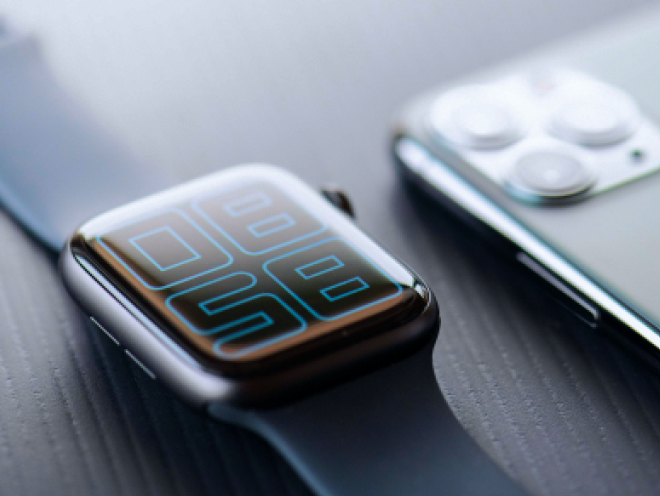Sustainability
Сonsumer goods
Electronics
Lighter than steel and stronger and less brittle than plastic, aluminium is often used in casings for electronic devices. Its excellent heat conductivity means it can absorb and dissipate the heat generated by running electronic devices, thereby extending their lifespan and improving safety for users
Kitchenware
The heat conductivity of aluminium is 2.5 times higher than steel and aluminium pans absorb just 7% of the heat they receive. This makes it ideal for cooking implements as it allows heat to spread evenly through the whole surface and radiates the majority of the heart into the food
х2.5
heat conductivity of aluminium higher than steel
Interiors and design
Due to its shiny appearance and the ease with which it can be processed and shaped, aluminium is today the favoured material in modern furniture and interior designers. It offers significant flexibility of design.
ALLOW empowers the customers to reduce the carbon footprint of their products.
ALLOWWhy use ALLOW for consumer goods?
Keep connected with ALLOW
Technology has offered humanity the chance to reimagine the world and its future, and it’s a key force in how people live, work, play and create. As the Internet of Things evolves into a full ecosystem in which people are managing money, receiving health care and are sharing their digital lives, RUSAL is at the forefront in sustainably producing materials to make the tools they need. ALLOW will further advance the world of connectivity that is focused on climate solutions.
Answering the call of consumers
Today’s socially responsible consumers want to know that the product they choose reflects their values and helps them in keeping a low carbon footprint. Their view of sustainability takes into account fair labour practices, human rights, corporate social justice commitments and the company’s environmental record. With tech devices in particular, they want to know – whether it’s a wall-sized flats creen TV or the smallest wearable – how the product will be recycled after its end of life.
Synergies for the future
ALLOW will be even more important moving forward as artists, engineers and other creatives are turning to aluminium to make the 21st-century goods that people want, and markets across the world are opening up with access to new devices and designs. The power of mobile devices themselves – connected to the Internet of Things – is harnessed to drive urban planning and development, with more efficient services to deliver a higher quality of life. The same is true of e-commerce and the entrepreneurial ecosystem.
It’s in those synergies that sustainably-built devices and products are, in turn, building a sustainable future – and RUSAL is committed to serving these needs through the innovation that is ALLOW.
